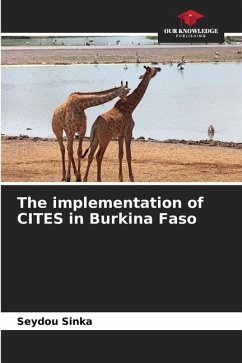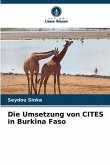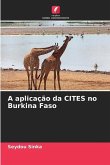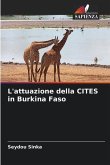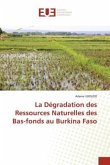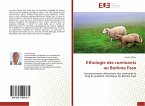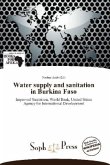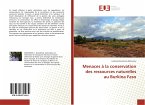The Convention on International Trade in Endangered Species of Wild Fauna and Flora (CITES), which was adopted in 1973 and came into force in 1975, was ratified by Burkina Faso in 1989. Has the country been able to implement its treaty obligations? Wildlife species are endangered. Apart from basic needs such as food, clothing and medical care, some resources are simply the object of an often illegal trade in so-called exotic species. It is well known that trafficking in wild fauna and flora species is the third most common form of illicit trade after arms and drugs. In Burkina Faso, the organisation and supervision of the trade in endangered species of fauna and flora is entrusted to the ministry in charge of the environment and to the decentralised authorities, which issue permits and certificates of origin and collect the underlying taxes and fees. There is a need for support for more results, as the mechanisms provided by CITES are insufficiently exploited. Cooperation for sustainable development is on the move, and this holds out good prospects.
Bitte wählen Sie Ihr Anliegen aus.
Rechnungen
Retourenschein anfordern
Bestellstatus
Storno

